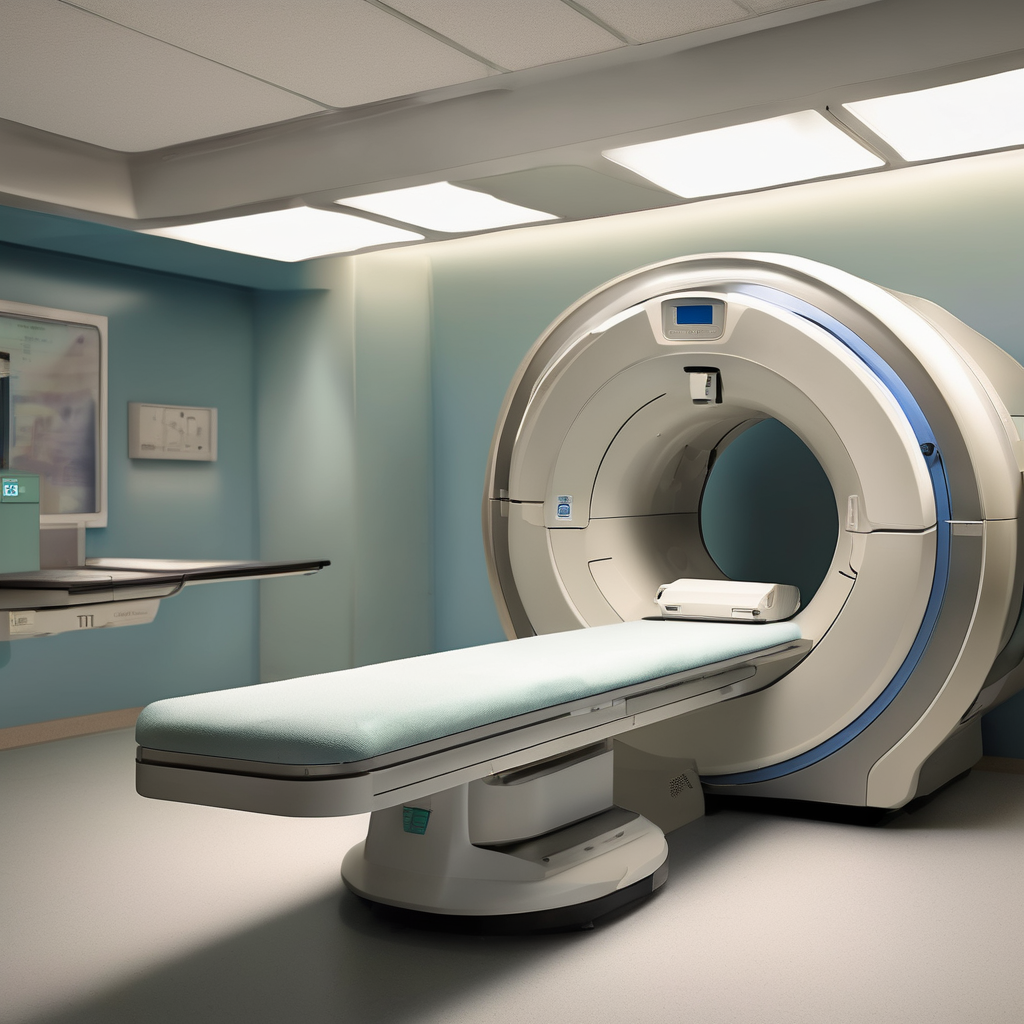Concerns have been raised by leaders of political parties in Fiji regarding critical issues within the country’s healthcare system. Savenaca Narube, leader of the UNITY Fiji Party, and Mahendra Chaudhry, head of the Fiji Labour Party, have expressed their alarm over the government’s failure to activate a crucial CT scan machine at Labasa Hospital. The scanner has sat unused for two years due to delays in necessary electrical upgrades, which Narube has described as indicative of deeper systemic failures in the health sector.
Narube has called for an independent investigation into what he sees as a failing health sector, emphasizing a lack of coordination and planning within the Ministry of Health. He stated, “One hand does not know what the other is doing,” pointing out that the inoperable CT scanner symbolizes government inefficiency and has led to tragic delays, putting lives at risk.
Chaudhry has echoed these sentiments, deeming the government’s inaction “inexcusable” and asserting that prompt accountability is needed for those responsible for this oversight. He criticized the Ministry of Health for not ensuring the power supply was prepared before the CT scanner was delivered, arguing that the machine could have saved lives had it been operational over the past two years.
The issue extends beyond Labasa, as Chaudhry highlighted that the X-ray machine at Savusavu Hospital has also been out of service for the same duration, forcing patients to seek costly alternatives at private clinics. The deactivation of both devices reflects a troubling trend of poor management and lack of resources within Fiji’s healthcare system.
Health Minister Dr. Ratu Atonio Lalabalavu recently acknowledged that financial limitations are not the sole problem; the hospital’s electrical infrastructure has not been updated in over a decade, complicating the installation and operation of modern medical equipment. While Dr. Lalabalavu mentioned that extensive rewiring is necessary, he assured the public that temporary solutions are being explored to eventually activate the CT scanner.
The ongoing situation has ignited a call for greater accountability among community leaders, as persistent equipment issues continue to hinder healthcare access in the region. This activism underscores a collective commitment to improve healthcare services, with community stakeholders advocating for more effective government intervention.
In light of these pressing healthcare service gaps, it is crucial for the government to prioritize efforts aimed at enhancing the healthcare system in Fiji. The potential for collaborative initiatives between health officials, government agencies, and community leaders may ultimately foster a more efficient and responsive healthcare framework, ensuring better health outcomes for the nation’s citizens.
